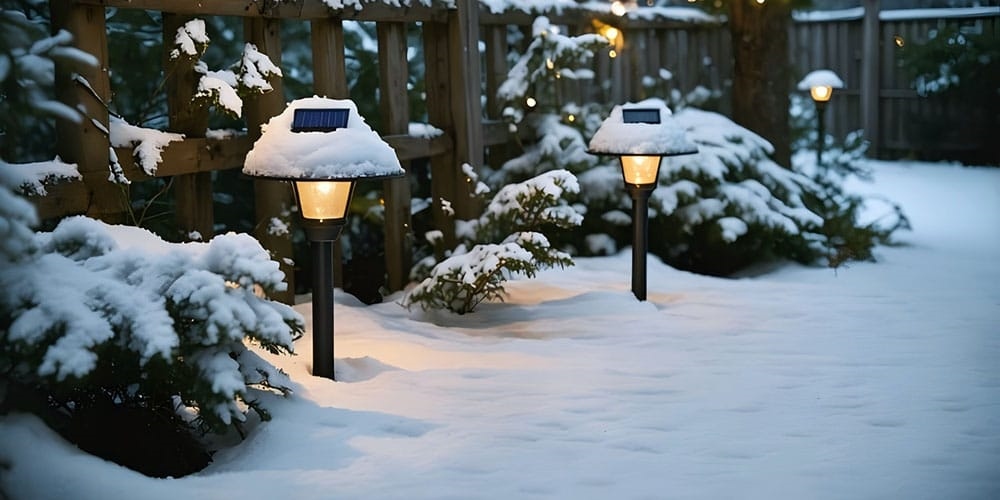what are you looking for?
As outdoor lighting continues to shift toward eco-friendly alternatives, solar lights are becoming a preferred choice for gardens, pathways, and public spaces. Frost resistance, however, is an important consideration that customers frequently ignore. Frost has a major impact on the longevity and functionality of solar lighting systems in cold climates where temperatures regularly fall below freezing.
The capacity of a solar lamp to continue operating and maintaining its structural integrity in freezing temperatures is known as frost resistance. The quality of the materials used in the solar panel, battery, and housing has a significant impact on this resistance. Typically, high-quality solar lamps include weatherproof enclosures and lithium-ion or LiFePO4 batteries, which can tolerate low temperatures without suffering appreciable capacity or efficiency losses. In order to avoid moisture intrusion, which can cause cracking or decreased energy conversion efficiency during freeze-thaw cycles, solar panels must also be properly sealed.
The increased resilience of contemporary outdoor solar garden lamp in harsh environments is one of their main benefits. Frost-resistant parts are now being used by manufacturers to enable lights to charge and function throughout the winter. Because winter days are shorter and skies are cloudier, solar lights naturally receive less sunlight. However, frost-resistant types are made to work at their best in these difficult circumstances. In order to keep the solar panels clear and operational, it is crucial to place these lights in locations where snow or ice buildup can be reduced.

Choosing frost-resistant solar pathway ground plug lamps is a sensible method for homes in colder climates to preserve atmosphere and safety all winter long. These lights lessen the dangers posed by ice surfaces in addition to helping to brighten paths and driveways. By investing in well-designed, frost-tolerant solar lighting, you can ensure reliable illumination without frequent maintenance or replacement.
In addition, for LED solar powered flood lights which are frequently placed in exposed locations and utilized for security or wide-area lighting, this is especially crucial. For reliable operation and peace of mind, it is imperative that these lights can withstand below-freezing temperatures.
In conclusion, outdoor solar lights' durability and dependability are greatly influenced by their ability to withstand frost. Selecting frost-resistant models can significantly impact how effectively your solar garden lights, solar pathway lights, or solar flood lights function in the winter. In addition to improving your lighting arrangement, this attention to detail increases your annual return on investment.

Xiamen SLD Technology Co., Ltd
 Chengyi North Street, Software Park 3, Jimei District, Xiamen Fujian, China
Chengyi North Street, Software Park 3, Jimei District, Xiamen Fujian, China +86 188 5929 8629
+86 188 5929 8629 sales@solarlightsdo.com
sales@solarlightsdo.com Blog | Sitemap | XML | Privacy Policy
Blog | Sitemap | XML | Privacy Policy

